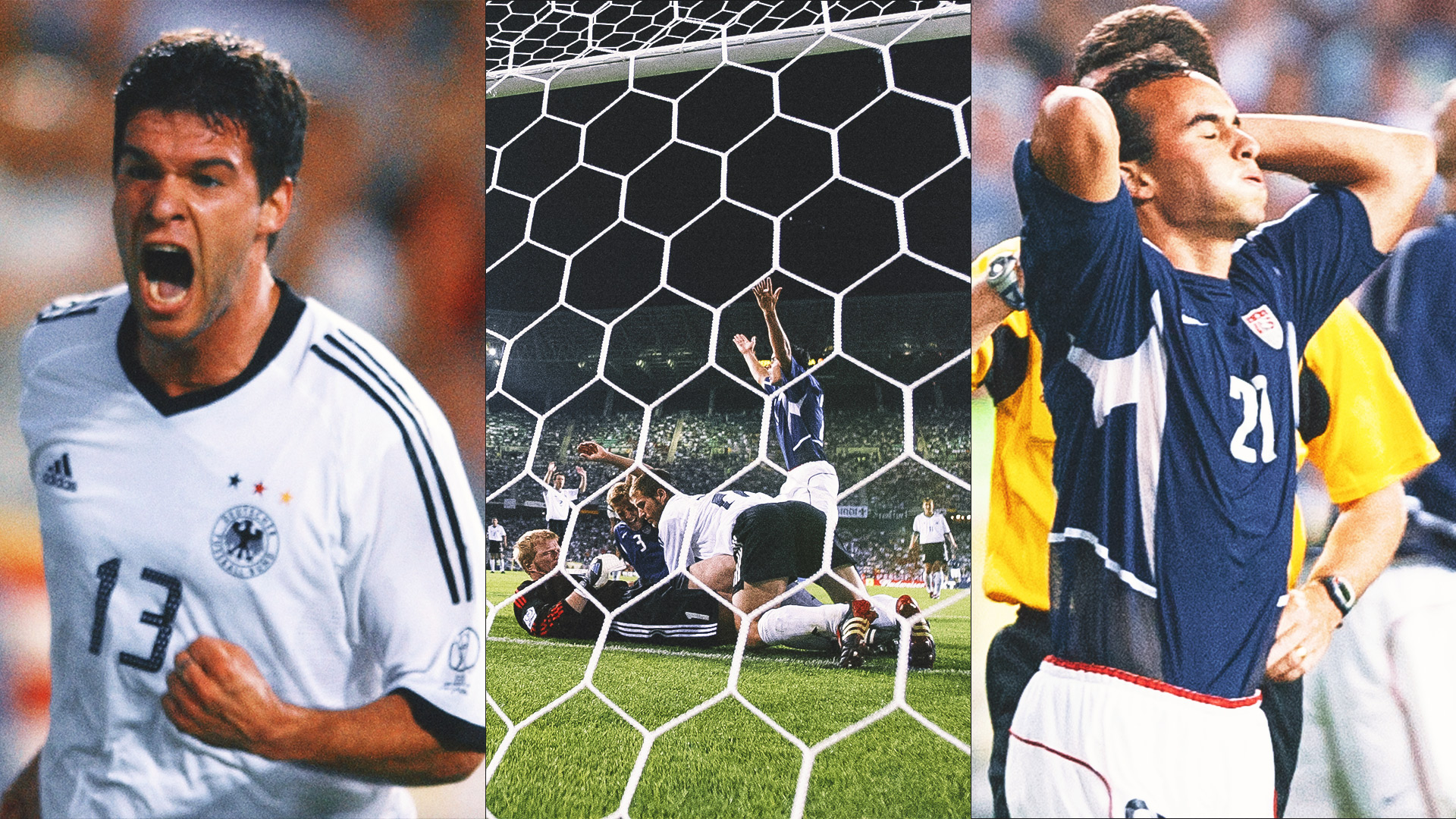

The 2002 FIFA World Cup, co-hosted by South Korea and Japan, remains etched in the memory of U.S. soccer fans, not just for the team's unexpected quarterfinal run, but also for a moment of controversy that arguably altered the course of the tournament. The U.S. Men's National Team (USMNT) faced Germany in the quarterfinals, a match filled with drama and ultimately decided by a contentious refereeing decision. What if that decision had gone the other way? What if the U.S. hadn't been "robbed," as many fans believe?
To understand the magnitude of this "what if," it's crucial to remember the context. The USMNT, under coach Bruce Arena, had exceeded expectations, emerging from a tough group that included Portugal, South Korea, and Poland. They then defeated Mexico 2-0 in the Round of 16, marking a historic victory against their biggest rivals. The quarterfinal against Germany, a traditional powerhouse, was a daunting challenge, but the Americans were confident and playing with a spirit that captured the nation's attention.
The pivotal moment arrived in the 50th minute. With Germany leading 1-0, a U.S. corner kick led to a shot by Gregg Berhalter that was clearly handled by German midfielder Torsten Frings on the goal line. A penalty kick should have been awarded, and Frings likely would have been sent off with a red card. However, referee Hugh Dallas inexplicably waved play on. Without VAR (Video Assistant Referee) in place at the time, the call was irreversible. Germany held on to win 1-0, ending the U.S.'s World Cup dream.
Had the handball been called, the landscape of that match, and potentially the entire tournament, would have shifted dramatically. Claudio Reyna, a key player for the U.S., would have likely taken the penalty. A successful conversion would have tied the game at 1-1, and Germany would have been forced to play with 10 men for the remaining 40 minutes. Given the momentum the U.S. had built, and the defensive pressure they were applying, a man advantage could have proven decisive. It's certainly within the realm of possibility that the U.S. could have gone on to win that game.
If the U.S. had defeated Germany, they would have faced South Korea in the semi-final. While the co-hosts had proven to be a tough and resilient team, the U.S. had already drawn with them in the group stage. A victory against South Korea would have propelled the USMNT into the World Cup final against Brazil. While Brazil, with its star-studded lineup featuring Ronaldo, Ronaldinho, and Rivaldo, were the favorites, reaching the final would have been an unprecedented achievement for the U.S.
The impact of such a run on American soccer would have been seismic. A World Cup final appearance, or even a victory, could have catapulted the sport into the mainstream consciousness like never before. Landon Donovan, who was named Best Young Player at the tournament, could have become an even bigger icon. Increased investment in youth soccer programs, greater interest in Major League Soccer (MLS), and a surge in young players aspiring to reach the highest levels of the game could have followed.
The missed handball in 2002 is more than just a controversial moment; it represents a road not taken. It's a reminder of how a single decision can alter history and a source of endless debate among U.S. soccer fans. While we can only speculate about what might have been, it's clear that a different call in that quarterfinal could have changed the trajectory of soccer in the United States forever.